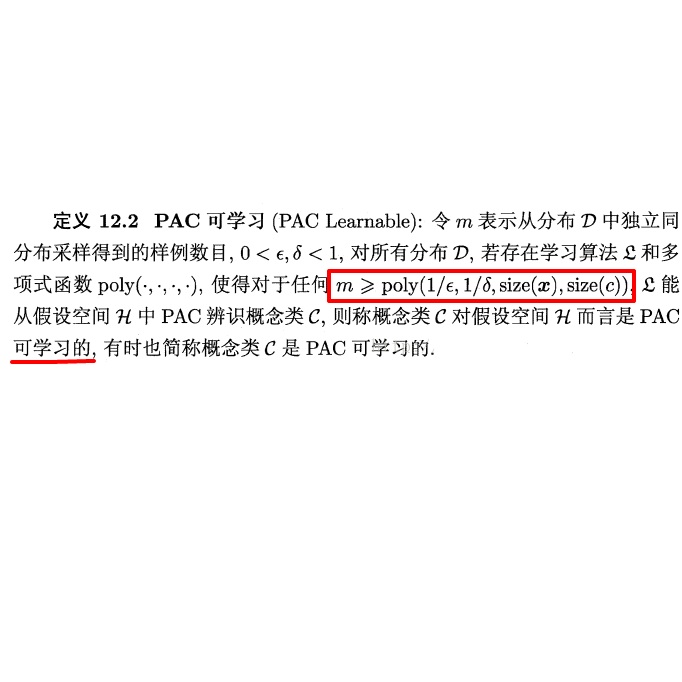Complexity theory traditionally studies the hardness of solving classical computational problems. In the quantum setting, it is also natural to consider a different notion of complexity, namely the complexity of physically preparing a certain quantum state. We study the relation between two such state complexity classes: statePSPACE, which contains states that can be generated by space-uniform polynomial-space quantum circuits, and stateQIP, which contains states that a polynomial-time quantum verifier can generate by interacting with an all-powerful untrusted quantum prover. The latter class was recently introduced by Rosenthal and Yuen (ITCS 2022), who proved that statePSPACE $\subseteq$ stateQIP. Our main result is the reverse inclusion, stateQIP $\subseteq$ statePSPACE, thereby establishing equality of the two classes and providing a natural state-complexity analogue to the celebrated QIP = PSPACE theorem of Jain, et al. (J. ACM 2011). To prove this, we develop a polynomial-space quantum algorithm for solving a large class of exponentially large "PSPACE-computable" semidefinite programs (SDPs), which also prepares an optimiser encoded in a quantum state. Our SDP solver relies on recent block-encoding techniques from quantum algorithms, demonstrating that these techniques are also useful for complexity theory. Using similar techniques, we also show that optimal prover strategies for general quantum interactive protocols can be implemented in quantum polynomial space. We prove this by studying an algorithmic version of Uhlmann's theorem and establishing an upper bound on the complexity of implementing Uhlmann transformations.
翻译:传统上,复杂性理论研究解决经典计算问题的难度。在量子设置中,考虑物理制备某些量子态的不同概念也是很自然的复杂性概念。我们研究了两个这样的状态复杂性类之间的关系:statePSPACE,其中包含能够由空间均匀的多项式空间量子电路生成的状态;和stateQIP,其中包含多项式时间量子验证者可以通过与一个强大的、不受信任的量子证明者交互来生成的状态。后者最近由Rosenthal和Yuen (ITCS 2022)引入,他们证明了statePSPACE $\subseteq$ stateQIP。我们的主要结果是反向包含,即stateQIP $\subseteq$ statePSPACE,从而建立了这两个类的相等,并为Jain等人 (J. ACM 2011)的著名QIP = PSPACE定理提供了一个自然的状态复杂性模型。为了证明这一点,我们开发了一个多项式空间量子算法来解决大量指数级“PSPACE可计算”的半定规划(SDPs),该算法还可以准备编码在量子态中的优化器。我们的SDP求解器依赖于量子算法中最近的块编码技术,证明了这些技术对于复杂性理论也很有用。使用类似的技术,我们还表明,一般量子交互协议的最优证明者策略可以在量子多项式空间中实现。我们通过研究Uhlmann定理的算法版本,并在实现Uhlmann变换的复杂度上界中建立一个上界来证明这一点。


